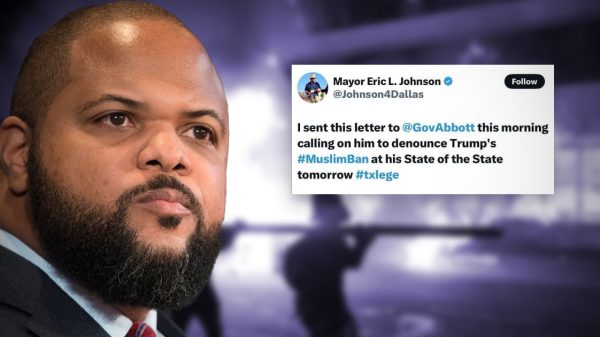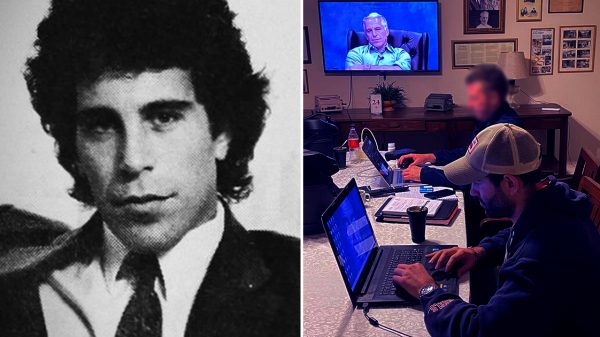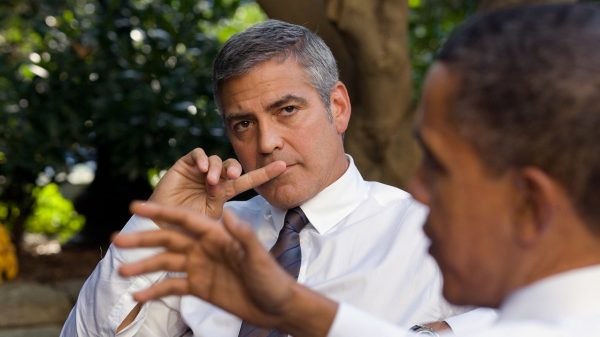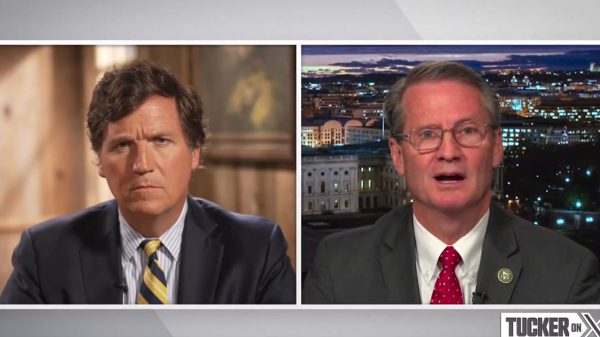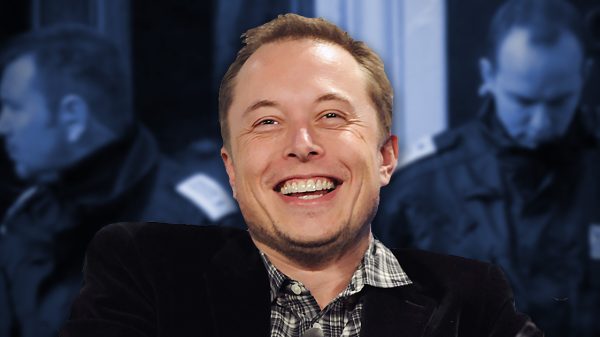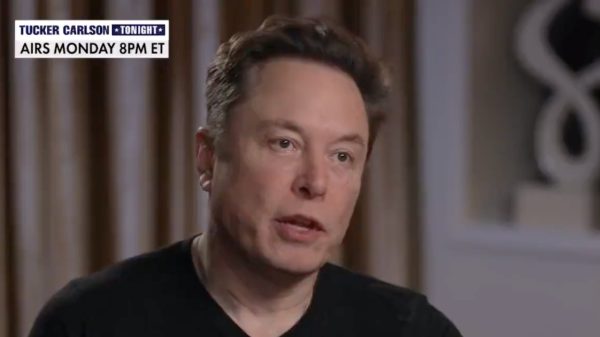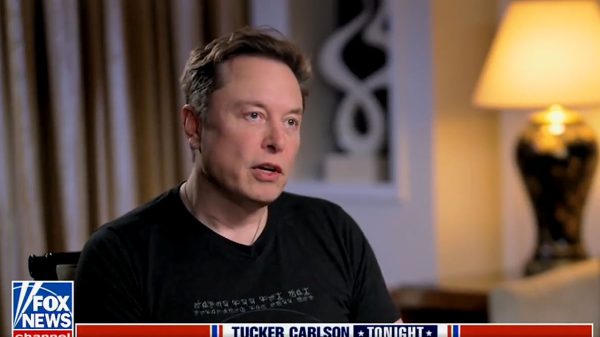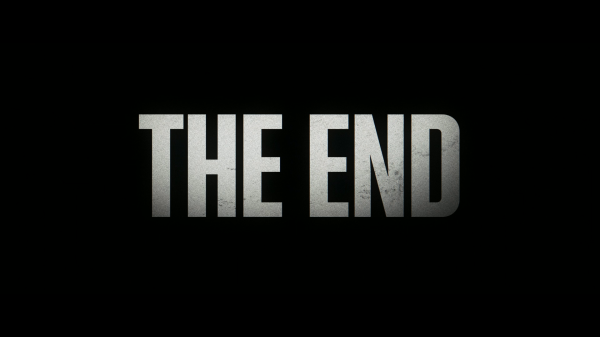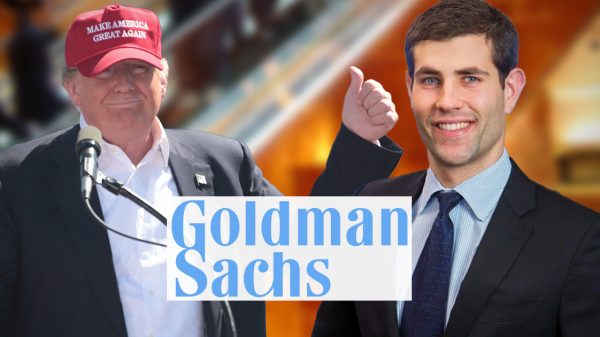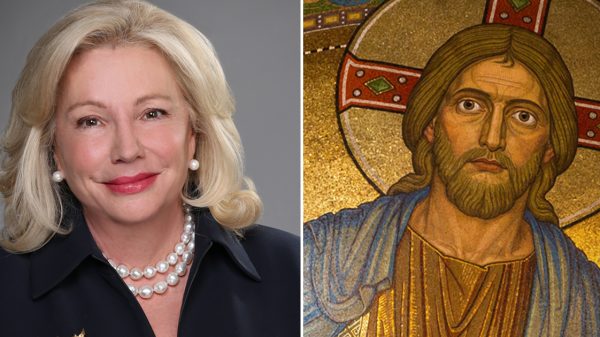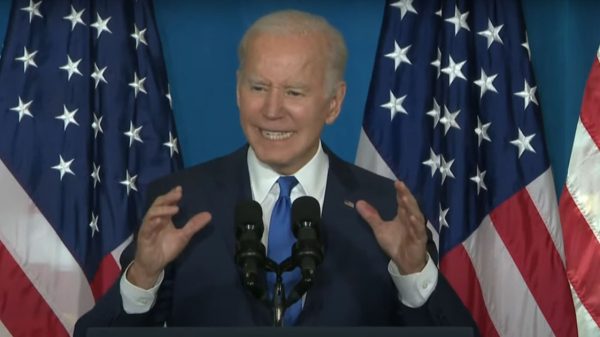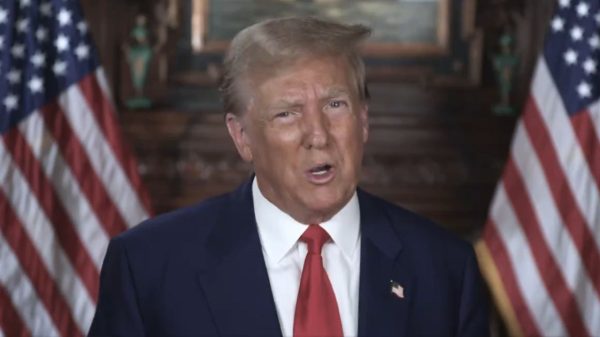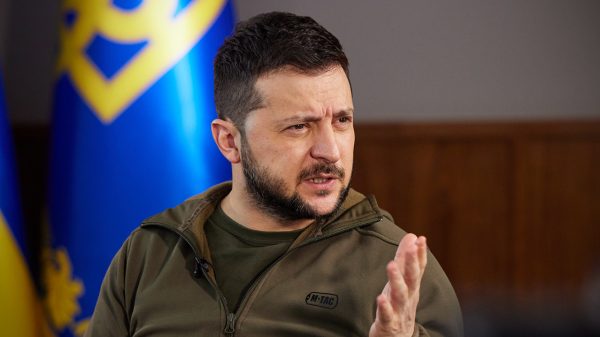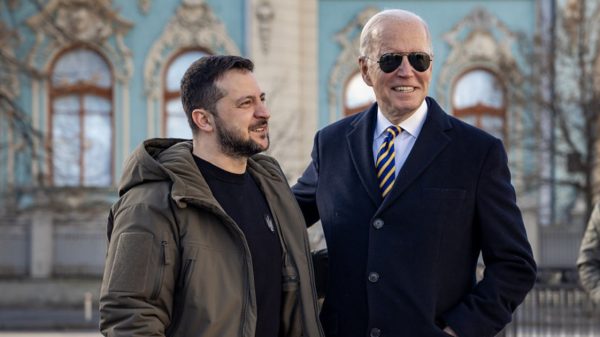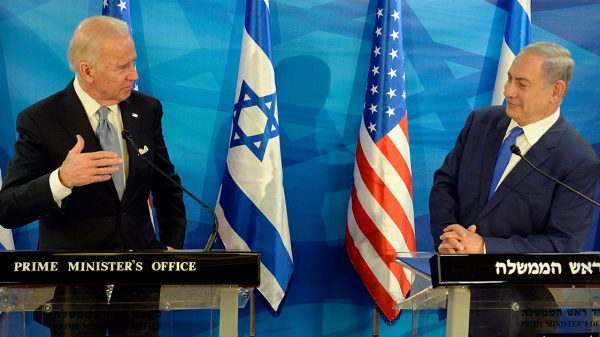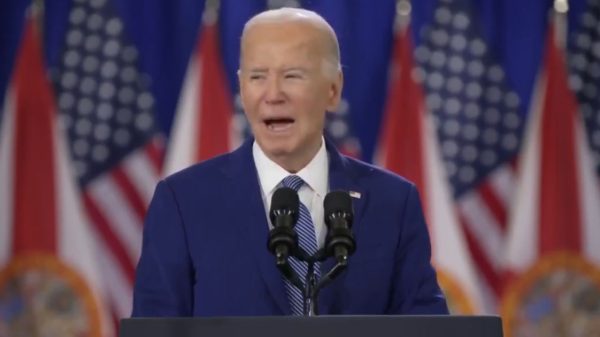Billionaire and Tesla CEO Elon Musk just purchased $3 billion stake in Twitter, making him the Big Tech platform’s largest shareholder.
The purchase of 9.2 percent of Twitter comes after Musk issued a series of tweets in which he appeared to criticized the company for it’s rigorous censorship policies.
“Twitter algorithm should be open source,” Musk polled his following on March 24. A whopping 83 percent of those who answered the poll agreed with Musk.
“Free speech is essential to a functioning democracy,” he wrote in a poll tweeted out to his followers the next day. “Do you believe Twitter rigorously adheres to this principle?”
A strong majority of more than 70 percent of those surveyed indicated that Twitter does not adhere to free speech.
In response, Musk wrote “Given that Twitter serves as the de facto public town square, failing to adhere to free speech principles fundamentally undermines democracy.”
“What should be done?” Musk asked.
Free speech is essential to a functioning democracy.
Do you believe Twitter rigorously adheres to this principle?
— Elon Musk (@elonmusk) March 25, 2022
The purchase of Twitter came after Musk previously said he was giving “serious thought” to launching his own social media company where free speech would be given the top priority.
After Musk’s purchase, Twitter stock skyrocketed 22 percent in early trading.
As a minority shareholder in Twitter, Musk will not be able to directly restore free speech to the platform, but speculation remains as to what the future holds for him and his future with Twitter.
Some experts have said that the move could be a sign that Musk intends on purchasing a larger stake in the company.
“Musk’s actual investment is a very small percentage of his wealth, and an all-out buyout should not be ruled out,” CFRA Analyst Angelo Zino said.
The first public comment made by Musk after his Twitter purchase was “Oh hi lol.” No further comments have been issued.
Oh hi lol
— Elon Musk (@elonmusk) April 4, 2022
Musk also runs SpaceX and Tesla, and leads other ventures including a tunnel-boring project and a controversial brain-computer interface company called Neuralink.



